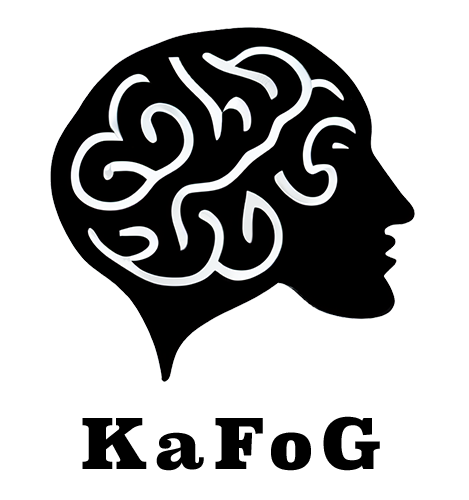Heart attacks, also known as myocardial infarctions, occur when blood flow to the heart is blocked, depriving the heart muscle of oxygen. This can lead to damage and even death of the heart tissue. Although heart attacks are often associated with men, they can affect women as well. In fact, heart disease is the leading cause of death among women worldwide. It is important to understand how heart attacks affect women differently than men, as early detection and treatment can improve outcomes.
In this article, we will explore the differences between heart attacks in women and men, including symptoms, risk factors, and treatment options.
Symptoms of a Heart Attack in Women
The classic symptoms of a heart attack, such as chest pain or discomfort, can be different for women. Women are more likely to experience atypical symptoms, such as shortness of breath, nausea, vomiting, or back or jaw pain. Women may also experience fatigue, dizziness, or fainting. These symptoms can be subtle and easily attributed to other conditions, which can delay diagnosis and treatment.
Risk Factors for Heart Attacks in Women
Risk factors for heart attacks in women include many of the same factors as men, such as high blood pressure, high cholesterol, smoking, and obesity. However, there are some additional risk factors that are more common in women. These include:
- Diabetes: Women with diabetes are at a higher risk of heart disease than men with diabetes.
- Polycystic Ovary Syndrome (PCOS): Women with PCOS are at a higher risk of developing diabetes and high blood pressure, which increases their risk of heart disease.
- Pregnancy complications: Women who experience preeclampsia or gestational diabetes during pregnancy are at a higher risk of developing heart disease later in life.
In addition, menopause can also increase a woman’s risk of heart disease, as estrogen levels decrease.
Detection and Management of Heart Attacks in Women
Diagnosis of a heart attack in women can be more difficult than in men, as women’s symptoms can be different and more subtle. This can lead to delays in diagnosis and treatment, which can increase the risk of complications and death.
Once a heart attack is diagnosed, treatment options for women are similar to those for men. These include medications, such as aspirin and nitroglycerin, to reduce the workload on the heart and prevent blood clots, as well as procedures such as angioplasty or bypass surgery to restore blood flow to the heart.
Prevention of Heart Attacks in Women
Preventing heart attacks in women involves many of the same strategies as for men, such as maintaining a healthy weight, exercising regularly, and not smoking. However, there are also some specific steps that women can take to reduce their risk, including:
- Controlling diabetes, high blood pressure, and high cholesterol
- Managing stress and getting enough sleep
- Eating a heart-healthy diet that is low in saturated fat, trans fat, and sodium
- Limiting alcohol consumption
FAQs:
Q: Can young women have heart attacks?
A: Yes, young women can have heart attacks, although they are less common than in older women.
Q: Are heart attacks in women more deadly than in men?
A: While heart attacks can be serious and potentially life-threatening for both men and women, research has shown that women are more likely to die from a heart attack than men.
Q: Can stress cause a heart attack in women?
A: Stress can contribute to the development of heart disease, which can increase the risk of heart attacks in women. However, stress alone is not usually the sole cause of a heart attack.
Q: Can women have heart attacks without chest pain?
A: Yes, women can have heart attacks without experiencing chest pain. They may experience other symptoms, like shortness of breath, fatigue, or back pain.
Conclusion
In conclusion, heart attacks can affect women differently than men, and it’s important for women to be aware of the symptoms and risk factors associated with this condition. By taking steps to reduce their risk and seeking medical attention promptly if they suspect they may be having a heart attack, women can help protect their heart health and prevent serious complications.

